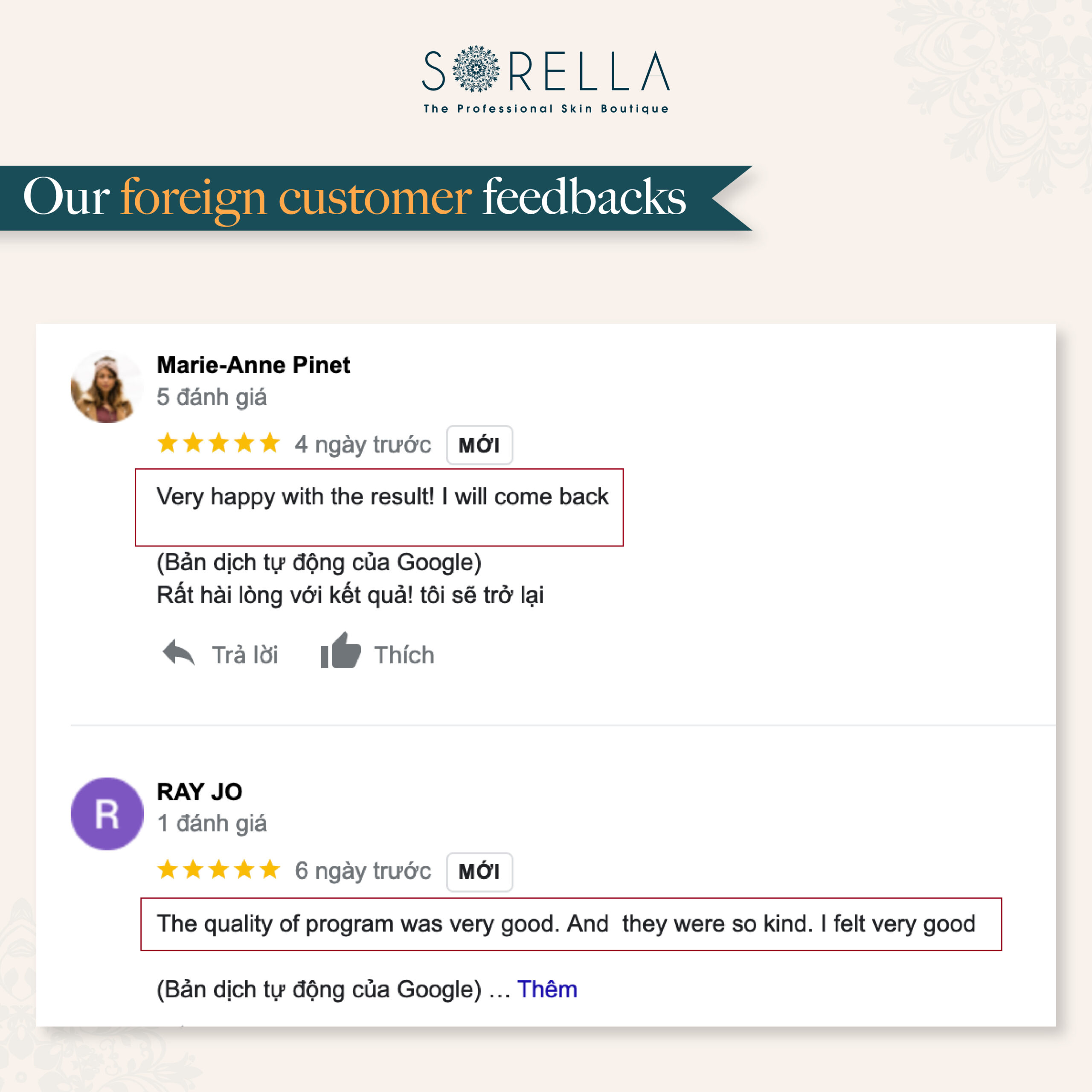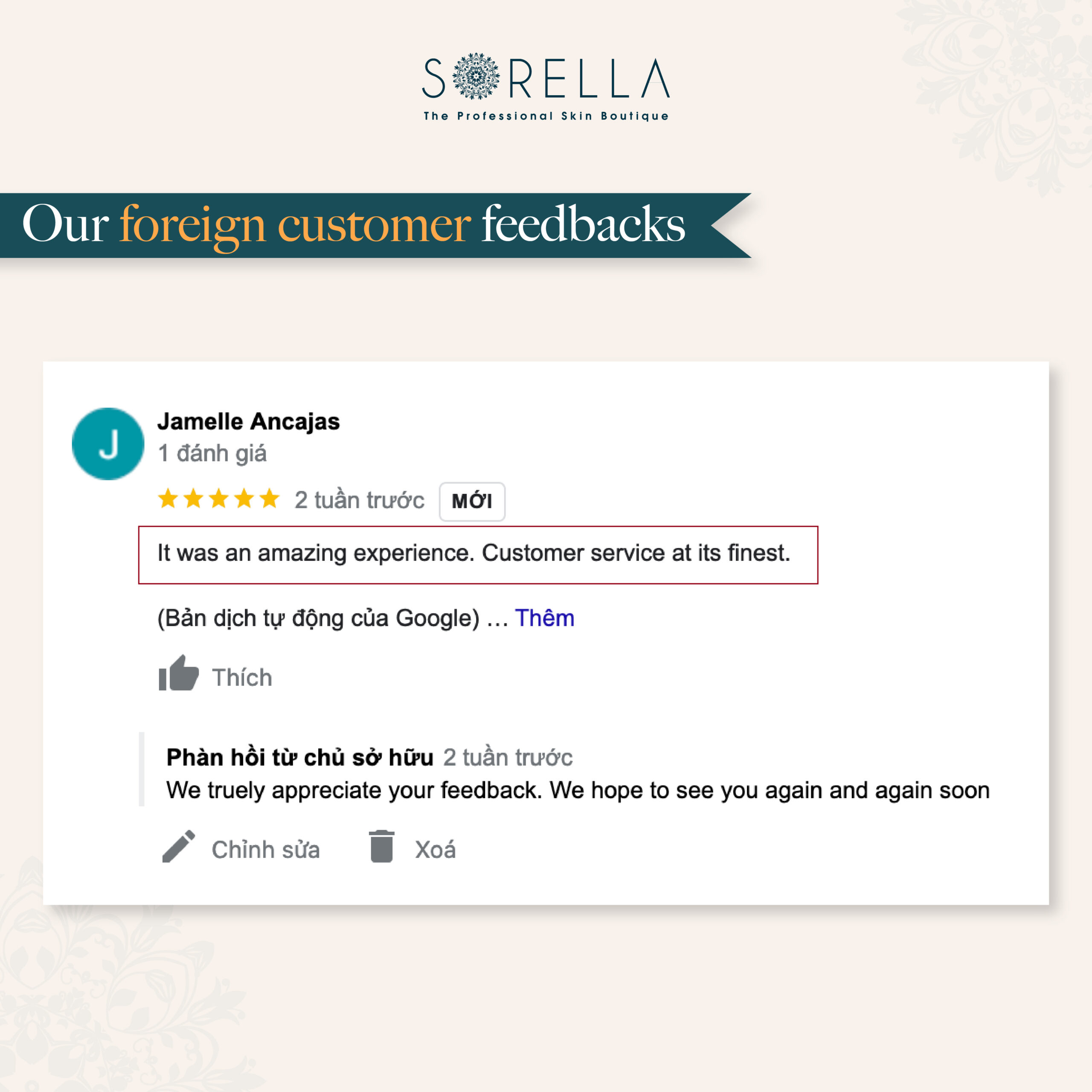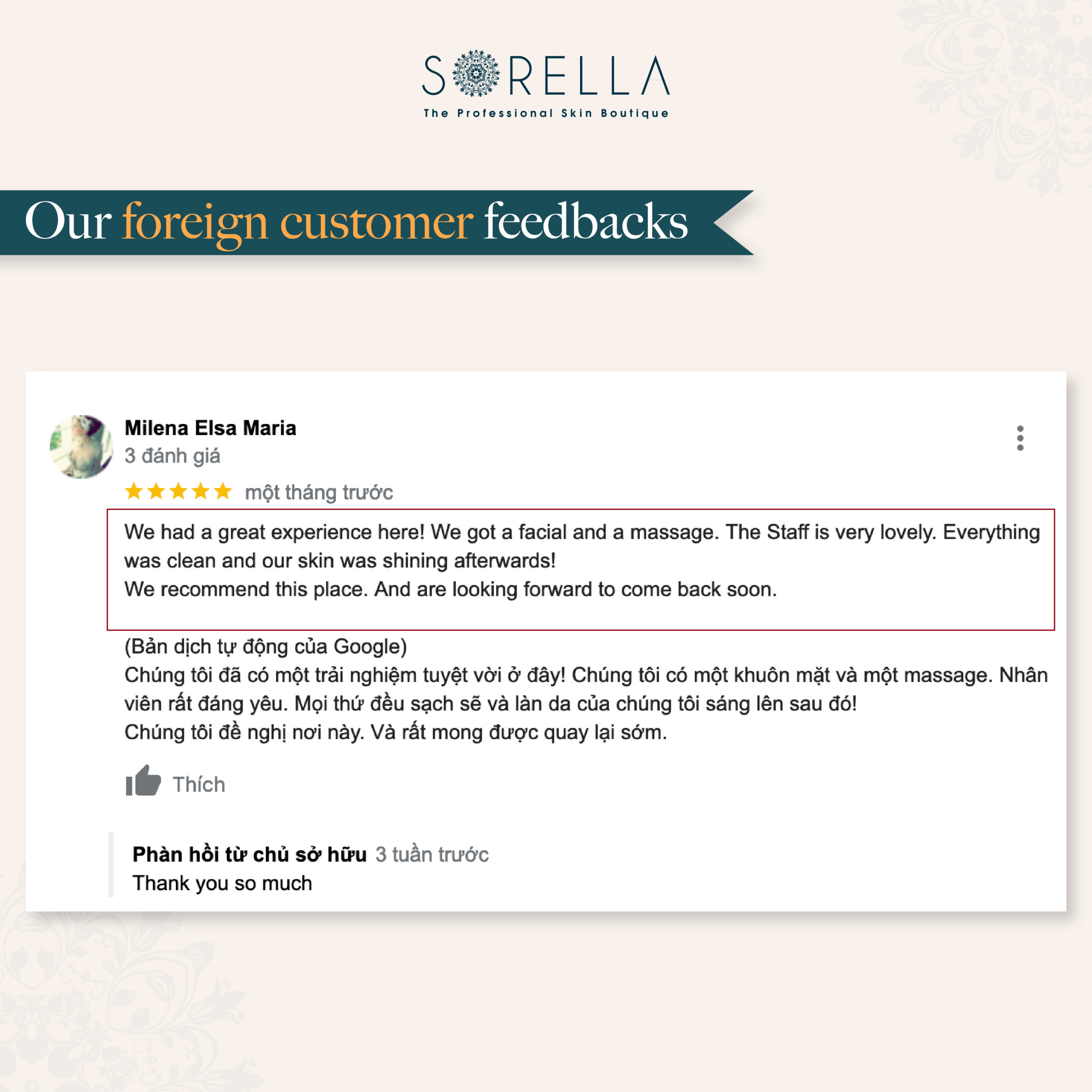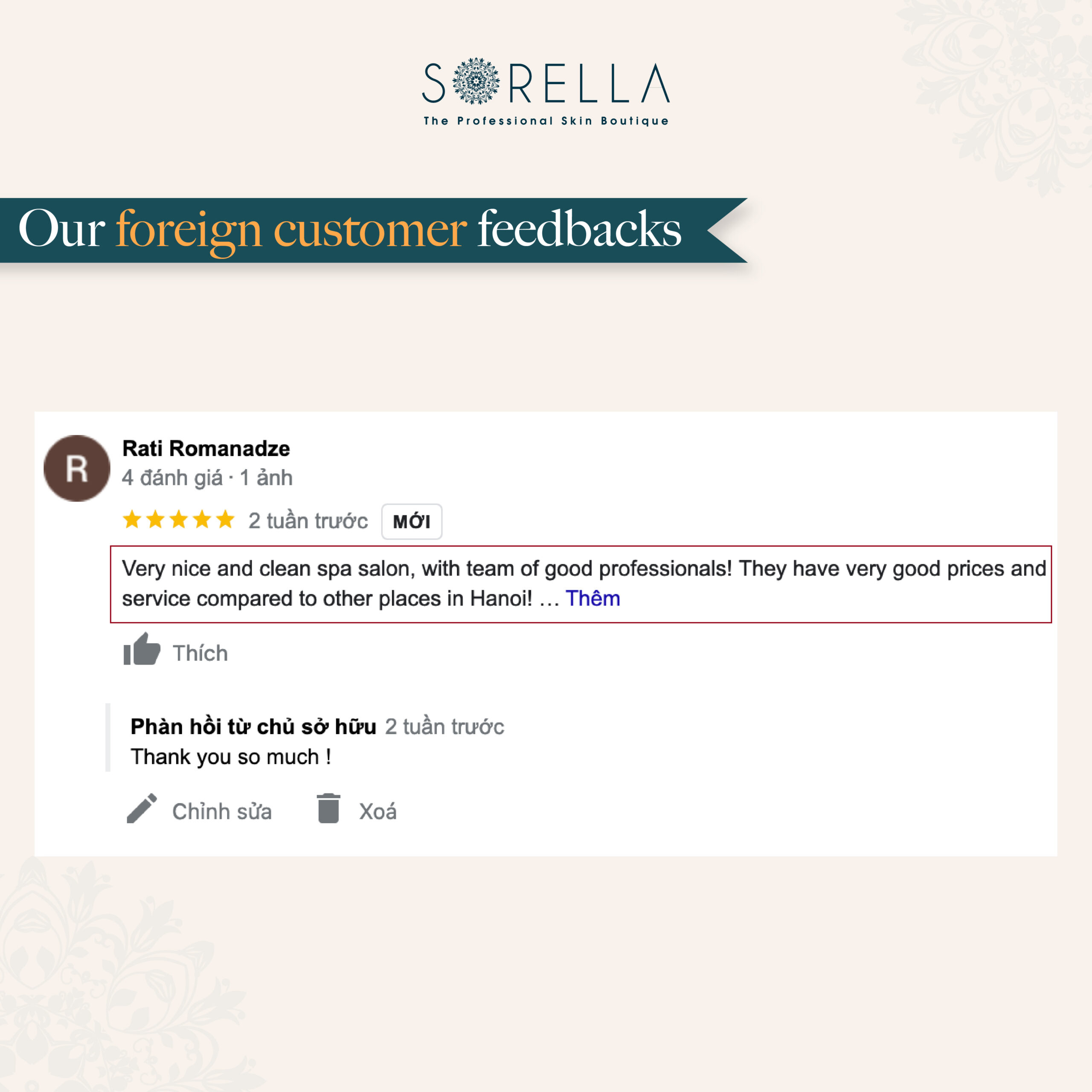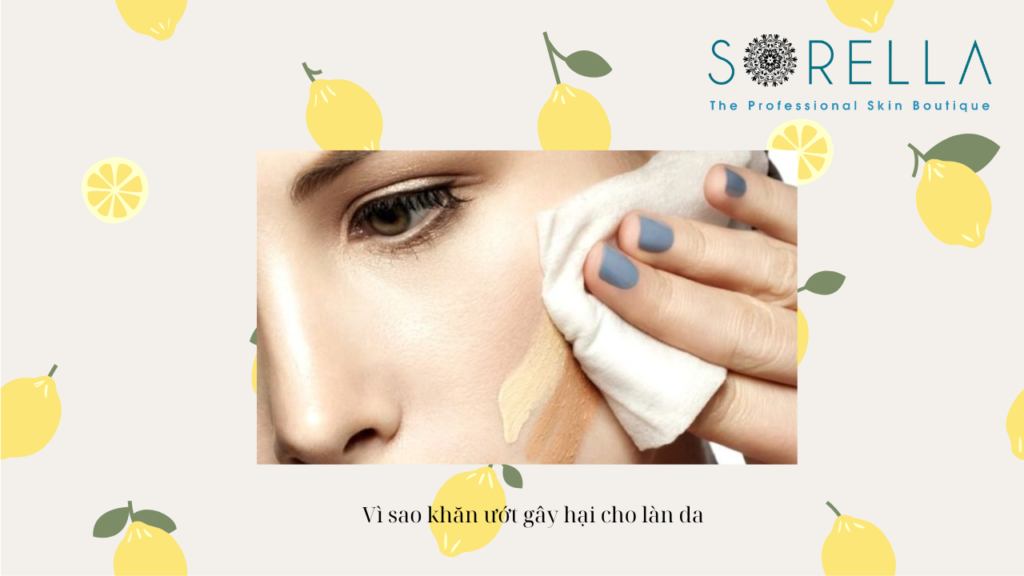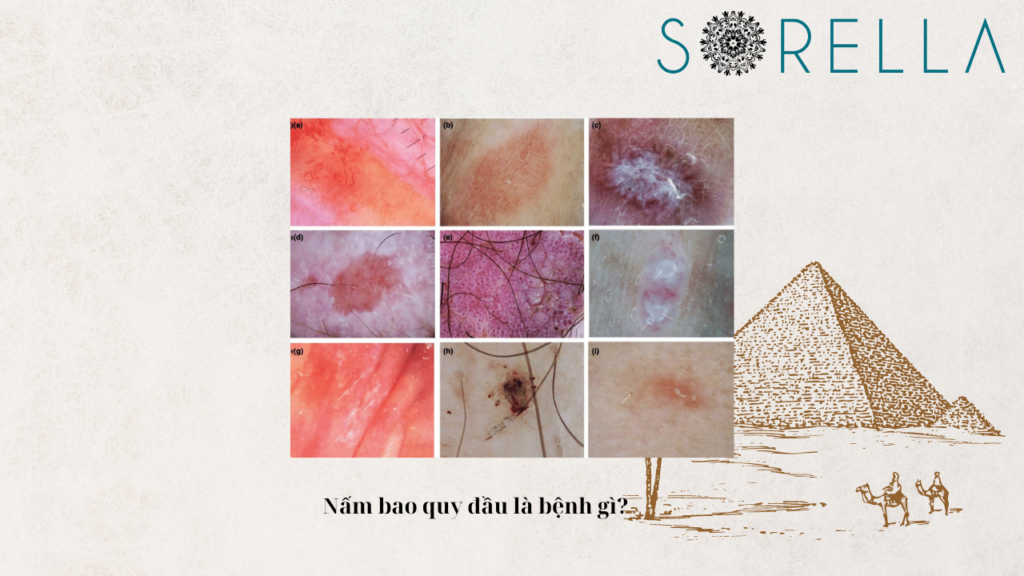Tin tức và sự kiện
Tongue Scrapers: 7 benefits you should know
Tongue scrapers is a widely practiced oral hygiene technique known for its benefits in reducing bad breath, improving taste perception, and enhancing overall oral health. However, like any dental care practice, tongue scraping comes with its own set of considerations and potential drawbacks. Understanding these factors can help individuals make informed decisions about incorporating tongue scraping into their daily oral care routines.

What is a tongue scraper?
What is a tongue scraper? A tongue scraper, often referred to as a tongue cleaner, is an oral hygiene tool specifically designed to clean the surface of the tongue. These devices come in a variety of shapes, sizes, and materials, such as plastic, stainless steel, and copper.
The primary function of a tongue scraper is to remove debris, bacteria, and dead cells from the tongue, which can help improve oral hygiene and reduce bad breath. To use a tongue scraper, one typically places it at the back of the tongue and gently drags it forward towards the tip.
This process can be repeated several times until the tongue feels clean. While tongue scrapers are specifically designed for this purpose, some people use their toothbrushes to clean their tongues as an alternative.
However, tongue scrapers are generally considered more effective because they cover a larger surface area and can apply more even pressure, resulting in a more thorough cleaning.
Tongue scraper’s advantages
Tongue scraper offers several advantages, especially when combined with tooth brushing. The following are the top seven benefits:
1) Removes bacteria
Removing bacteria from the tongue is one of the primary and most impactful benefits of tongue scraping. This practice goes beyond the capabilities of brushing and rinsing, which tend to remove only the surface layer of bacteria. The bacteria left behind after brushing can proliferate in the deeper layers of the tongue’s surface, leading to various oral health problems. Tongue scraping effectively disrupts this bacterial habitat.
Research underscores the efficacy of tongue scraping in maintaining oral hygiene. A study revealed that tongue scrapers could eliminate up to 79% more bacteria compared to brushing alone. This is particularly important because the tongue harbors numerous bacteria that are detrimental to oral health. Among these bacteria are mutans streptococci and Lactobacilli. Mutans streptococci are primarily responsible for dental cavities as they produce acids that erode tooth enamel. Lactobacilli, while less directly involved in decay, contribute to the overall microbial imbalance that can lead to dental and periodontal diseases.
Moreover, the accumulation of these bacteria is a leading cause of halitosis, commonly known as bad breath. The anaerobic bacteria present on the tongue produce volatile sulfur compounds (VSCs), which are foul-smelling gases. Tongue scraping reduces the bacterial load on the tongue, thereby decreasing the production of VSCs and improving breath quality.
In addition to mitigating bad breath and reducing the risk of dental decay, tongue scraping can enhance overall oral health by preventing the formation of biofilms on the tongue’s surface. Biofilms are complex bacterial communities that are resistant to removal by brushing alone. By mechanically disrupting these biofilms, tongue scraping ensures a cleaner oral environment, which is less conducive to the growth of pathogenic bacteria.
2) Better sense of taste
Regular use of a tongue scraper can significantly enhance your sense of taste, as evidenced by research conducted in 2004. This study found that using a tongue scraper twice a day can lead to notable improvements in taste perception. The practice helps in the effective removal of debris, dead cells, and bacteria from the tongue’s surface, which can otherwise dull taste sensations.
When the tongue is coated with a layer of bacteria and food particles, it can interfere with the taste buds’ ability to detect flavors accurately. By clearing away this coating, tongue scraping allows the taste buds to function more effectively. As a result, you may find it easier to distinguish between the four basic tastes: bitter, salty, sweet, and sour.

The improvement in taste perception can have several benefits. For one, it can enhance your enjoyment of food, making meals more satisfying and enjoyable. Additionally, a better sense of taste can contribute to healthier eating habits. When you can fully appreciate the flavors of food, you might be more inclined to choose a balanced diet and avoid overly processed or sugary foods.
Moreover, improved taste perception can also have social and psychological benefits. The ability to enjoy and savor food can enhance social dining experiences, contribute to a positive mood, and improve overall quality of life.
3) Activates organs
Using a tongue scraper can also stimulate your internal organs, providing a beneficial start to your day by promoting overall body health. This practice, rooted in traditional Ayurvedic medicine, involves scraping away toxins and bacteria that accumulate on the tongue overnight. By doing so, you help clear the body’s detoxification pathways and stimulate various internal organs.
The tongue is connected to multiple internal organs through energetic and neural pathways. According to Ayurvedic principles, different areas of the tongue correspond to different organs, such as the liver, kidneys, lungs, and digestive organs. When you use a tongue scraper, the gentle pressure applied during the scraping process can stimulate these areas, promoting better organ function.
Removing the toxins from your tongue in the morning can also have a cascading effect on your body’s overall health. During sleep, your body undergoes detoxification processes, and many of these toxins are deposited on the surface of the tongue. If not removed, these toxins can be reabsorbed into the body, potentially leading to various health issues over time. By scraping your tongue, you eliminate these harmful substances, thereby supporting your body’s natural detoxification efforts.
Furthermore, this practice can help kickstart your digestive system. The stimulation provided by tongue scraping can enhance the production of digestive enzymes, improving your digestion and nutrient absorption throughout the day. A well-functioning digestive system is crucial for overall health, as it ensures that your body gets the essential nutrients it needs to function optimally.
4) Remove excess debris
Excess debris can accumulate on your tongue, often resulting in a white, coated appearance. This buildup can consist of food particles, dead cells, and bacteria, contributing to various oral health issues if not addressed. Regular tongue scraping is an effective method to remove this layer of debris and prevent its recurrence.
The white coating on the tongue is not just an aesthetic concern; it can also be indicative of underlying health issues, such as poor oral hygiene, dehydration, or an imbalanced diet. By incorporating tongue scraping into your daily routine, you can address these issues directly and maintain a cleaner, healthier tongue.
Tongue scraping works by mechanically removing the debris from the surface of the tongue. This process helps to clear away the particles that brushing and rinsing alone may miss. The removal of excess debris has several benefits:
- Improved oral hygiene: By eliminating the buildup on your tongue, you reduce the overall bacterial load in your mouth. This helps to prevent oral health issues such as bad breath, tooth decay, and gum disease.
- Enhanced aesthetic appearance: A clean tongue looks healthier and more appealing. Removing the white coating can boost your confidence and encourage better overall oral care habits.
- Better taste perception: With a clean tongue, your taste buds are more exposed and can function more effectively. This can enhance your ability to taste and enjoy food, as discussed in the benefits of improved taste perception.
- Prevention of recurrence: Regular tongue scraping helps to prevent the re-accumulation of debris. By maintaining this routine, you can keep your tongue free from the white coating and promote long-term oral health.
5) Better digestion
Better digestion is another significant benefit of tongue scraping. The process of digestion begins in the mouth, where salivary enzymes play a crucial role in breaking down food. Regular tongue scraping can enhance this initial stage of digestion by stimulating these enzymes, ultimately promoting more efficient digestion overall.

Saliva contains enzymes such as amylase and lipase, which start the breakdown of carbohydrates and fats, respectively. When the tongue is clean and free from debris, these enzymes can function more effectively. A coated tongue, on the other hand, can hinder enzyme activity, reducing the efficiency of the digestive process from the very beginning.
Here are several ways in which tongue scraping can improve digestion:
- Enhanced salivary production: By scraping the tongue, you stimulate the salivary glands, which can increase the production of saliva. More saliva means more enzymes are available to begin the breakdown of food as soon as it enters your mouth.
- Improved enzyme activity: A clean tongue provides a better environment for the enzymes in saliva to function. Without the interference of debris and bacteria, these enzymes can more effectively break down food particles, aiding the digestive process.
- Better nutrient absorption: When food is adequately broken down in the mouth, it leads to more efficient digestion in the stomach and intestines. This can enhance the absorption of nutrients, ensuring that your body gets the essential vitamins and minerals it needs for optimal health.
- Reduction of digestive issues: By promoting better initial digestion, tongue scraping can help reduce common digestive issues such as bloating, gas, and indigestion. Properly broken down food is less likely to cause discomfort as it moves through the digestive tract.
- Stimulation of digestive reflexes: The act of scraping the tongue can also stimulate reflexes connected to the digestive system. This can help to ‘wake up’ the digestive organs, preparing them for the process of digestion and promoting overall digestive health.
6) Removes bad breath
One of the most common reasons people use tongue scrapers is to combat bad breath. Bad breath, or halitosis, often originates from the tongue, where bacteria and food particles accumulate and produce foul-smelling compounds. Regular use of a tongue scraper can effectively remove these bacteria and debris, significantly reducing bad breath, especially the dreaded “morning breath.”
The primary cause of bad breath is the presence of anaerobic bacteria on the tongue, which produce volatile sulfur compounds (VSCs) that have an unpleasant odor. Tongue scraping removes these bacteria, reducing the production of VSCs. Additionally, food particles left on the tongue can decay and contribute to bad breath. Scraping the tongue helps to clear away these particles, preventing them from breaking down and causing odor.
Furthermore, the tongue’s surface can develop a biofilm, a sticky layer of bacteria and debris that brushing alone often fails to remove. Tongue scraping effectively disrupts and removes this biofilm, reducing the bacterial load in the mouth.
By cleaning the tongue, you can improve saliva flow, which is essential for maintaining oral hygiene. Saliva naturally cleanses the mouth and neutralizes odors. A cleaner tongue can lead to more effective saliva production and distribution.
Regular tongue scraping not only removes the immediate cause of bad breath but also contributes to a generally fresher breath throughout the day. This can boost your confidence in social and professional interactions. It’s important to note that while scraping the tongue in the morning can significantly reduce bad breath, it is often beneficial to repeat the process later in the day.
This is because bacteria can quickly repopulate the tongue, especially after eating. Using a tongue scraper twice a day ensures that you maintain a cleaner mouth and fresher breath over a longer period.
7) Boosts overall health
Using a tongue scraper can significantly boost overall health by effectively managing the microbial environment of the tongue. The tongue harbors a wide variety of germs, some of which are beneficial, while others can be harmful. Regular tongue scraping helps to eliminate these harmful microorganisms, thereby enhancing your immune system and contributing to better oral and overall health.
The benefits of tongue scraping extend beyond just removing bacteria. By maintaining a cleaner tongue, you reduce the risk of oral health issues such as cavities and gum disease. Harmful bacteria on the tongue can easily transfer to the teeth and gums, leading to plaque formation, tooth decay, and periodontal problems. By regularly scraping the tongue, you minimize the bacterial load in your mouth, which helps prevent these conditions.
In addition to protecting your teeth and gums, tongue scraping also supports your body’s immune function. A clean tongue reduces the overall bacterial burden, making it easier for your immune system to manage and defend against potential infections. This can contribute to a stronger immune response and better overall health.
Moreover, a cleaner tongue can improve your sense of taste, aid in digestion, and promote fresher breath, all of which contribute to your general well-being. When your oral health is in good condition, it positively impacts your digestive health, nutritional intake, and even your confidence and social interactions.
Tongue scraper’s disadvantages

While tongue scraping offers several benefits for oral hygiene, there are also some potential disadvantages to consider:
- Gag reflex: One common issue with tongue scraping is triggering the gag reflex, especially if the scraper touches sensitive areas at the back of the tongue. This reflex can cause discomfort or even induce vomiting in some individuals.
- Tongue infections: If tongue scrapers are not kept clean and sanitized properly, they can potentially harbor bacteria and become a source of tongue infection. It’s essential to clean tongue scrapers thoroughly after each use to avoid this risk.
- Tongue bleeding: Applying too much pressure or using an overly aggressive scraping motion can irritate the tongue’s delicate tissues, leading to minor abrasions or even tongue bleeding. It’s important to use gentle strokes and avoid excessive pressure when scraping the tongue.
To minimize these risks, it’s advisable to use a tongue scraper with care and attention. Be mindful of sensitive areas of the tongue, maintain proper hygiene by cleaning the scraper regularly, and use gentle pressure to avoid causing discomfort or injury. By being cautious, you can continue to enjoy the benefits of tongue scraping while minimizing potential drawbacks.
How to use a Tongue Scraper?
How to use a Tongue Scraper? Most tongue scrapers have a somewhat rounded shape and resemble an inverted spoon (in a pinch, a clean spoon would suffice!). You can choose one made of:
- Plastic,
- Copper, or
- Stainless steel
How to Use a Tongue Scraper? To properly use a tongue scraper, follow these steps:
- Open your mouth in front of a mirror and stick out your tongue.
- Gently place the rounded end of the scraper at the back of your tongue.
- Start in the middle if you’re worried about triggering your gag reflex. You can go farther back as you get used to it.
- Gently and slowly pull the scraper forward towards the tip of your tongue. Never push it backward, but always start at the back and work your way to the front.
- Use a washcloth or tissue to wipe the scraper clean after each scrape.
- Repeat until you’ve covered the entire surface. Usually, one or two scrapes in an area are enough.
- Wash the tongue scraper with soap and warm water, dry it, and store it in a clean area.
If you enjoy how your mouth feels after cleaning your tongue, make it a part of your regular dental practice. It can be a terrific method to go the additional mile for your mouth, but it is a matter of personal choice and is not required. There are, however, four things you can do to keep your mouth healthy:
- Brush your teeth twice a day with a fluoride toothpaste.
- Clean between your teeth daily.
- Eat a healthy diet that limits sugary beverages and snacks.
- See your dentist regularly for prevention and treatment of dental disease.
The entire process usually takes less than two minutes, making it easy to add to any routine!
Tư vấn chuyên môn bài viết:
TS.BÁC SĨ NGUYỄN HỮU QUANG
Bài viết cùng chủ đề:
-
Cách diệt chấy rận hiệu quả ngay tại nhà, 8 phương pháp tiêu diệt chấy rận hiệu quả
-
Có nên dùng khăn ướt để tẩy trang? Cẩn thận khi dùng khăn giấy ướt giúp chăm sóc làn da của bạn, 1 vài thành phần của giáy ướt có hại cho da
-
Nấm bao quy đầu là bệnh gì? 1 số nguyên nhân, dấu hiệu, chẩn đoán, điều trị
-
Viêm âm đạo do nấm Candida vùng kín là gì? 1 số nguyên nhân, triệu chứng


 中文 (中国)
中文 (中国) 한국어
한국어 English
English

